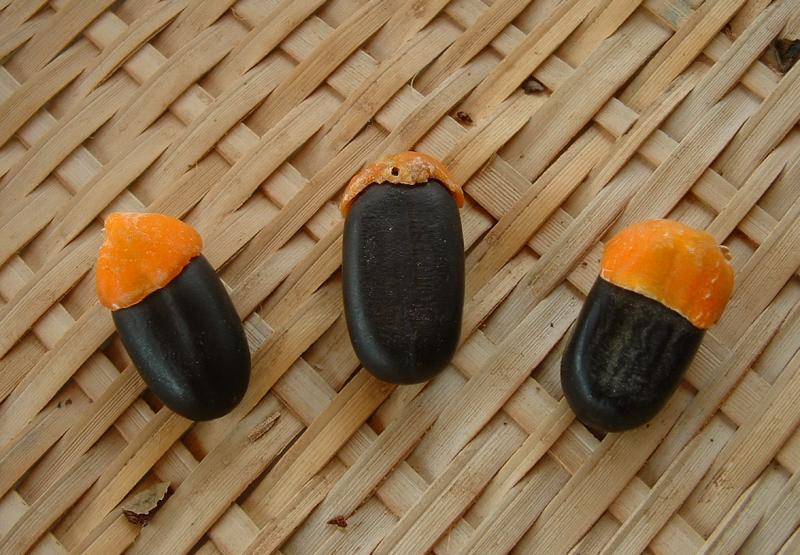Elaiosome Information – Why Do Seeds Have Elaiosomes


How seeds disperse and germinate to create new plants is fascinating. One important role is given to a seed structure known as the elaiosome. This fleshy appendage to a seed is related to and is crucial for improving the odds of germination and successful development into a mature plant.
What is an Elaiosome?
An elaiosome is a small structure attached to a seed. It consists of dead cells and a lot of lipids, or fats. In fact, the prefix “elaio” means oil. These small structures may have other nutrients as well, including proteins, vitamins, and starch. Although it is not quite accurate, some people call seed elaiosomes arils.
Why Do Seeds Have Elaiosomes?
The main elaiosome function in seeds is to aid dispersal. For a seed to have the best chance of germinating, sprouting, and surviving into a mature plant, it needs to travel a good distance from the mother plant. Ants are great at dispersing seeds, and the elaiosome serves to entice them.
The fancy term for seed dispersal by ants is myrmecochory. Seeds get ants to move them away from the mother plant by offering up the fatty, nutritious elaiosome. Ants drag the seed off to the colony where they feed on the elaiosome. The seed is then ditched in the communal trash heap where it can germinate and sprout.
There may be some other functions of the elaiosome beyond this main one. For instance, researchers have found that some seeds will only germinate once the elaiosome has been removed, so it may serve to induce dormancy. Most seeds, though, actually germinate more quickly with their elaiosomes intact. This may indicate that it helps seeds take in water and hydrate in order to begin germinating.
With this elaiosome information in hand, you can now enjoy your garden even more. Try putting down some seeds with elaiosomes near ants and watch nature at work. They’ll quickly pick up and disperse those seeds.
Gardening tips, videos, info and more delivered right to your inbox!
Sign up for the Gardening Know How newsletter today and receive a free copy of our e-book "How to Grow Delicious Tomatoes".

Mary Ellen Ellis has been gardening for over 20 years. With degrees in Chemistry and Biology, Mary Ellen's specialties are flowers, native plants, and herbs.